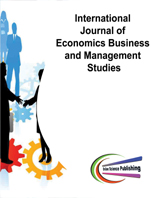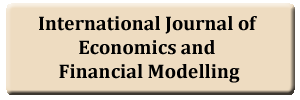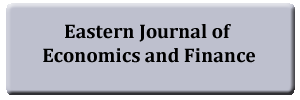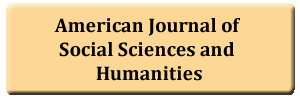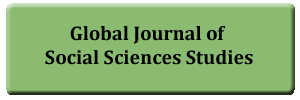The Management Strategies of Ecotourism Development in Papua New Guinea
Keywords:
Ecotourism, natural environment, tourists, destinations.Abstract
This paper focuses on the major tourism infrastructures that contribute for the development of ecotourism in Papua New Guinea. In recent years, tourist arrivals to remote and natural areas are perpetual. The purpose of visit seems to be enjoying, admiring and studying the natural environment and appreciating the cultural values of the areas. The impact of tourism is experienced in the economical, environmental, social and cultural aspects. The tourism policies and programs of the national and local governments minimize the negative impacts of conventional tourism in an effort to protect the ecosystem and empower local community. The transportation, accommodation, restaurant and tourists activities are vital for the development of tourism both at the primary and secondary destinations. The overuse and misuse of the infrastructure over the years may have adverse effect on the environment. It causes the depletion of natural resources available for the tourists targeting the undisturbed scenery and wild life. This may affect tourism market and significantly the national economy. The principle management strategies recommended for the development of ecotourism in Papua New Guinea are the promotion of low carbon emitting vehicles at the tourists’ destinations; encouraging hotels and restaurants to supply environmentally friendly products and services; and supporting tourists’ activities that do not harm the native species, soil formation, coastal environment and natural attractions.
